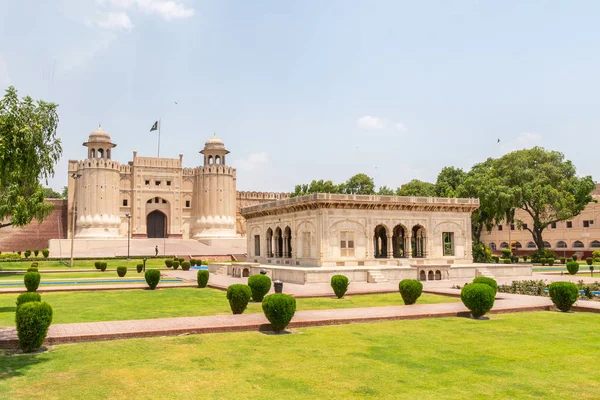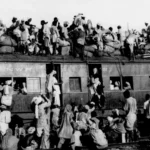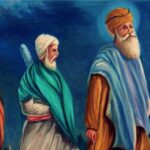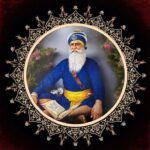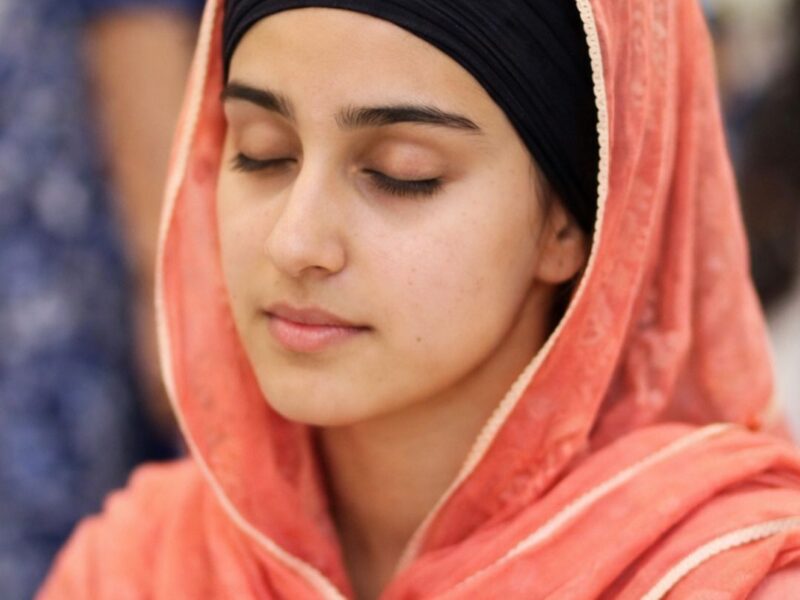The decision to award Lahore to Pakistan during the 1947 Partition remains a controversial and emotional topic. At the time, many Hindus and Sikhs believed Lahore would naturally go to India—after all, they owned 70% of the city’s property, while Muslims made up 60% of the population (compared to Hindus and Sikhs at 40%).

The Radcliffe Boundary Commission’s Role
The final call rested with Sir Cyril Radcliffe, the British lawyer tasked with drawing the Partition line. While some claim he initially considered giving Lahore to India, the final decision was influenced by broader political compromises.
The Kolkata-Lahore Trade-Off
One widely discussed theory is that since Kolkata (Calcutta), a major economic hub, was awarded to India, Pakistan was given Lahore as a balancing act. Both were culturally and commercially significant cities, and denying Pakistan any major urban center could have escalated tensions further.
Demographic & Strategic Factors
- Muslim Majority: Despite Hindu-Sikh economic dominance, Lahore had a clear Muslim majority (60%).
- Geographical Continuity: Lahore was closer to other Muslim-majority regions in West Punjab, making its inclusion in Pakistan logistically sensible.
- Political Negotiations: The Muslim League strongly pushed for Lahore, given its historical and cultural importance to Pakistan’s identity.
The Aftermath
The decision led to massive displacement—Hindus and Sikhs fled to India, while Muslims from East Punjab migrated to Pakistan. Lahore’s once-thriving Hindu and Sikh communities dwindled almost overnight, leaving behind their homes, businesses, and sacred sites.

A Lingering Question
Even today, many wonder: Was Lahore’s fate decided fairly? Some argue Radcliffe’s rushed decision (made in just five weeks) overlooked ground realities, while others believe it was an inevitable outcome of Partition’s brutal logic.
What do you think—should Lahore have been part of India, or was its inclusion in Pakistan justified? Let us know in the comments!
Fun Fact: Before Partition, Lahore was a cultural and educational hub for all communities, home to the prestigious Government College University and the iconic Lahore Fort. Today, it remains Pakistan’s cultural heart, much like Delhi is for India.
